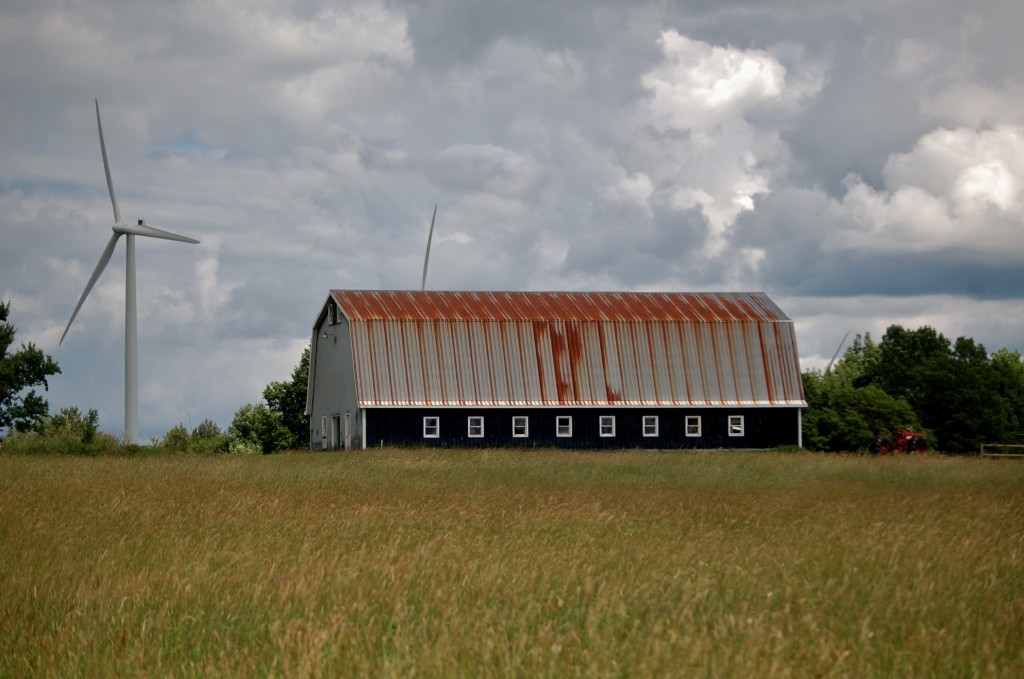CE250 – Introduction to Sustainable Infrastructure
This course introduces civil, construction, and environmental engineering students to the three pillars of sustainability and how they relate to infrastructure. The objective of this course is to provide students with an introduction to civil infrastructure, careers in engineering, engineering problem solving, and social, economic, and environmental sustainability assessment. To accomplish these objectives, the course uses multi-disciplinary case-studies presented by faculty throughout the department.
CE497/CE596 – Renewable Energy & the Grid
The objective of this course is to aid students in the development of skills, practical tools, and a knowledge base useful for careers in the energy sector, spanning project development, utilities, research, government, and environmental non-profits. This course will build an understanding of the technical, economic, and policy issues related to renewable electricity development and grid integration. Projects and problem sets will be structured from the point of view of various stakeholders and intended to introduce skills and concepts that environmental professionals employ. Upon completion of this course, students will have the ability to critically evaluate options for generation development and policies which impact the power sector.
The course will be structured to cover the following: Renewable generating technologies; renewable markets, incentives, and regulations; emissions controls; grid operations and renewable integration; generation project development.
CE478/CE578 – Energy & Climate
This course provides an overview of the global energy system, relates fossil fuel consumption to anthropogenic climate change, and outlines alternatives that promote long term environmental sustainability. Topics include basic climate science, energetics of natural and human systems, energy in fossil-fueled civilization, the impact of anthropogenic CO2 emissions on climate, and technology and public policy options for addressing the climate challenge. While the course is highly interdisciplinary, the approach is quantitative with a strong focus on science and engineering.
By the end of the course, students will be able to (1) apply concepts drawn from ecology, physics, economics, and engineering to analyze energy resources and technologies, (2) explain how human activity affects climate, (3) outline the pros and cons of various low carbon energy technologies using quantitative methods, (4) build and apply impulse-response function models of climate change to relate emissions to atmospheric concentrations and impacts, and (5) describe public policy and adaptation options for dealing with climate change.
CE796 – Environmental Life Cycle Assessment
In CE796: Environmental Life Cycle Assessment, we use a project-based approach to learn advanced life cycle assessment (LCA) methods and develop competency in key software tools and datasets. LCA is a systems-based method to assess environmental impacts associated with all the stages of a product’s life from raw material extraction through materials processing, manufacture, distribution, use, and disposal or recycling. LCA can identify high impact actions to reduce environmental impacts of a process or product, as well as inform product selection when considering environmental outcomes. Topics covered include impact assessment methods, consequential versus attributional LCA, recycling allocation rules, and uncertainty analysis.
![]()

